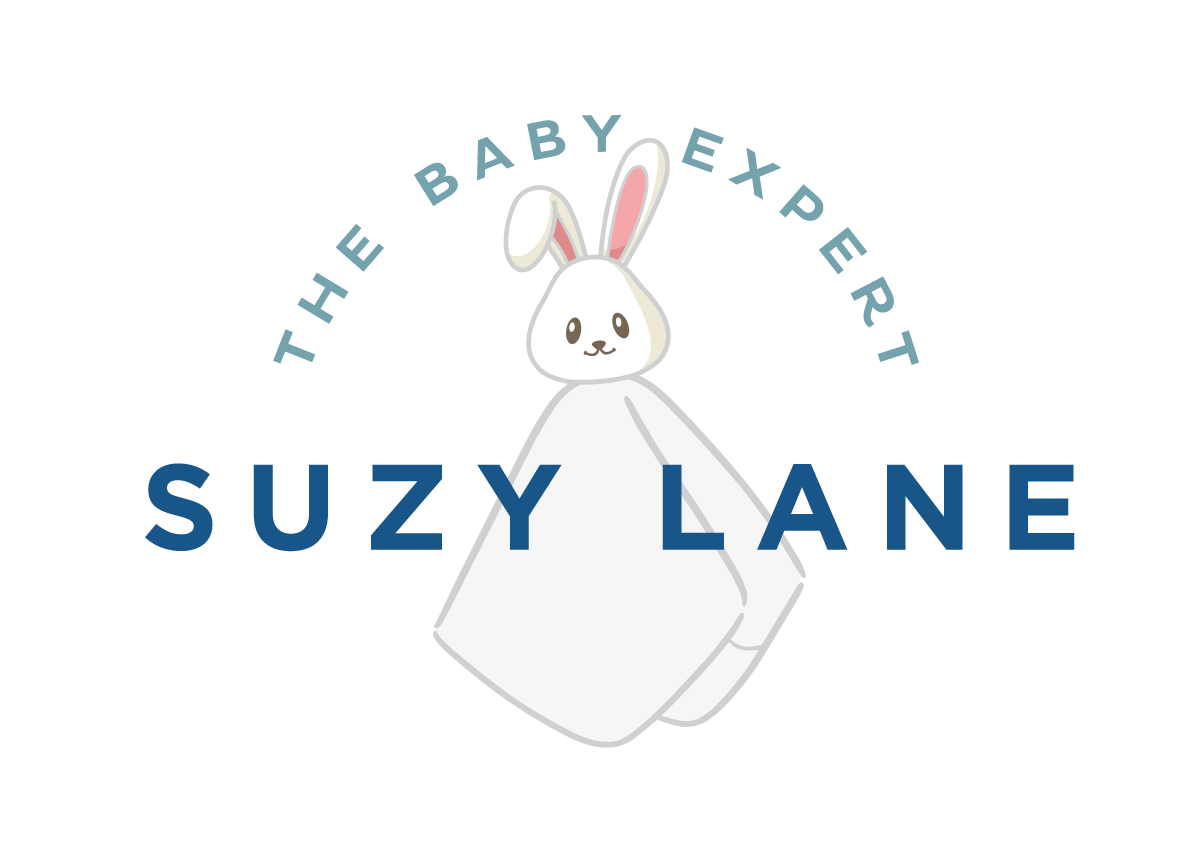A few interesting facts and figures around sleep
Recent research tells us that:
- 1 hours extra sleep for an infant in each 24 hour period affects intelligence by 2 years
- There is a 94% significant improvement in an infant’s behavioural sleep disorder, when a tried and tested sleep training technique is used correctly and consistently
- 75% of children have sleep issues in their lives and most of them are preventable
- Sleep techniques can reduce infant sleep problems and associated maternal or paternal depression for up to 16 months (Anna Price and Armstrong 2012)
- Humans should spend one third of their lives sleeping
- Infant sleep problems can lead to poor maternal mental health and postnatal depression (Harriet Hiscock 2001 & 2017)
- According to the British Lung Foundation 3% of infants have obstructive sleep apnoea (OSA), it is most commonly found in infants between 3 and 7 years old.
- There are two categories of sleep disorder: 1. Medical 2. Behavioural
- Official sleep training methods are suitable from 6 months of age (not before)
- The process of consolidating settled behaviour into the night usually takes place in the first 3 to 4 months of age (Moore T, Ucko L. Night waking in early infancy and in ‘Paediatrics’: Henderson JM, France KG, Owens JL, Sleeping through the night and the consolidation of self-regulated sleep across the first year of life)




